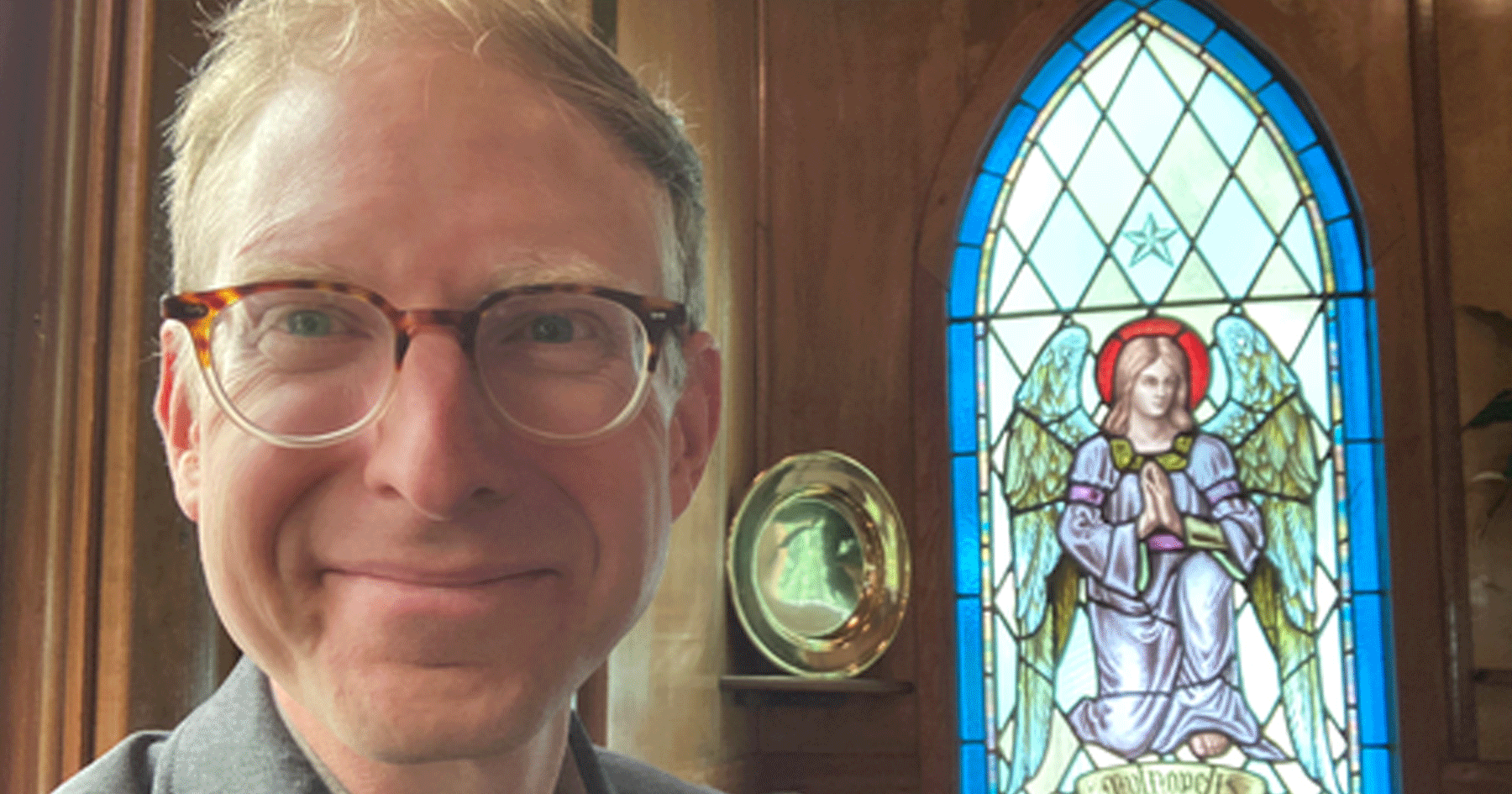Over the past number of months I have been quietly working with regions and congregations to roll out the new Thriving Communities process our diocese approved at Synod last May. A part of the Structures Working Group’s Implementation Plan, and emerging from the Diocese of Kootenay’s provisional Values, Vision, and Mission, the Thriving Communities process is designed to do two things.
First, the process offers a way to come alongside and support community-based ministries (including camps, congregations, chaplaincies, ecumenical shared ministries, parishes, partnerships, worshiping communities, and new witnessing communities) in discerning their current mission and ministry.
Second, the process is designed to help our diocesan Community of Communities restructure the work of the Diocese (Bishop, Synod Office Staff, Committees) to focus more clearly, effectively, and efficiently at supporting these local expressions of church as they participate in God’s mission to the world.
In January, I began meeting with regional councils to share an overview of the draft process. Those meetings have offered opportunities for conversation and to refine the process in ways that better serve the needs of congregations right now. From there, I have started working with individual congregations (six as of this writing) to journey with them through this process of discernment.
If we truly believe in this diocese, as I do, that the local congregation is an incredible site for God’s transformation, and that God shows up in congregations of all sizes, then the health and vitality of community-based ministries is of the utmost importance. While the process we are embarking on is only one tool in our diocesan toolkit, it will help us to have the important conversations we need to have in our congregations and ministries about who we are, and what Holy Spirit is inviting us into.
This whole process is rooted in the assumption that no matter who we are, no matter what size our congregation, God still speaks, and God still acts; alongside this, the affirmation of Frederick Buechner’s observation about vocation. That is to say, each congregation finds its vocation at the place where its deep gladness (what we, as God’s people, in a particular place love) meets the world’s deep needs. As we listen to God’s persistent whisper and the cries of our neighbours, this is where we will find our ministry.
Sometimes as we seek to listen for what God would affirm in us and what God is calling us into, it takes time to pay attention to the stories of who we have been as a congregation alongside the story of who we are in this present moment. To begin, we might ask, what is the single most important thing other parishes or congregations in the diocese need to know in order to understand you and the ministry you are called to in your community? Another is like it: what is the single most important thing you would like people in your local community (i.e. people who don’t come to your church) to know about your congregation?
While this work takes time, time invested abiding with God and each other, discerning our response to the world around us is never wasted. It draws us closer to God, closer to one another, and closer to those amongst whom God is calling us to serve. In the days ahead I am very much looking forward to journeying with more congregations through this process that together we might explore what God is calling us to, and how we might continue–in whatever ways Holy Spirit reveals–serve the world that God loves.




